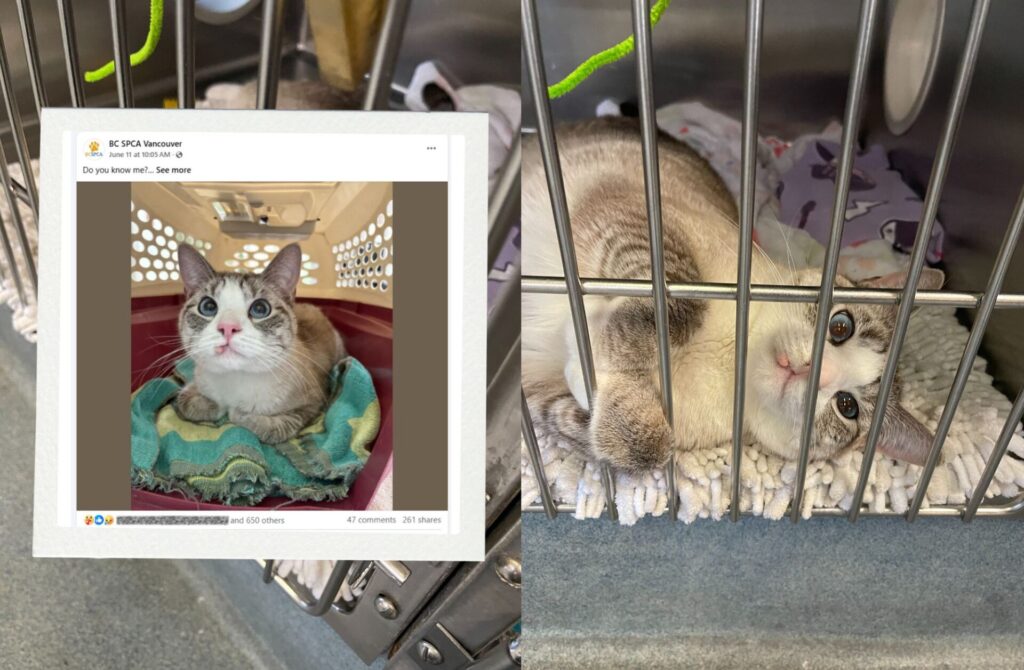Rehoming and Adopting Pets: What You Need to Know About Microchip Registration and Transfers
When rehoming a pet or adopting a rehomed pet, keeping the pet’s microchip information up-to-date is crucial. Many new pet owners get excited about welcoming a new pet into their home and may overlook the importance of asking the previous owner about the pet’s ID information. However, if this microchip registration transfer step isn’t completed properly, anyone who finds your pet would only be able to reach out to the previously registered owner, not the current one, which can delay or even prevent a successful reunion with your pet.
Why Microchip Registration Matters in Rehoming and Adoption
A microchip by itself only carries a unique ID number. For the microchip to effectively help reunite lost pets with their owners, that ID number must be traceable to the owner’s contact information through a pet registry. Without proper registration, a microchip is essentially ineffective, as there’s no way for someone who finds the pet to access the current owner’s details. This issue becomes even more critical when pets change homes.
Important Note: The scanner does not display personal information! It is common myth that the owner’s contact information will pop-up.

Transferring Ownership Made Easy with the BC Pet Registry
If you’re rehoming your pet or have recently adopted a rehomed pet, the BC Pet Registry simplifies the process of transferring ownership at no additional cost, provided you’re already registered with us. Unlike other services that charge fees, our registry allows you to update ownership details free of charge. While rehoming can be a challenging process, it’s reassuring to know that maintaining accurate microchip details won’t add to your burden.
When transferring microchip information to a new owner, it’s essential to ensure that the details are updated promptly. With approximately 10 emails daily from pet owners about microchip transfer, it’s evident how often pets change homes. Our goal is to eliminate barriers to updating microchip information, ensuring that pets always have current contact details, regardless of their new circumstances.
Get a copy of the BC Pet Registry Ownership Transfer Form here.
Important Note: If your microchip is registered with another registry, you will need to contact that registry for more information on transfer of ownership.

Transferring Tattoo Ownership
For pets with tattoos, it’s equally important to update the tattoo information when ownership changes. The previous owner should contact the vet who performed the tattoo to update the ownership details to the new owner’s information. Ensure that the tattoo remains legible and provide the correct tattoo code to the new owner. Additionally, consider adding the tattoo code to the BC Pet Registry, which also runs the Provincial Tattoo Identification Program, to keep all your pet’s identification details in one place.


Important Note: The tattoo code only traces back to the provider who performed it. You must contact the veterinary clinic to update any changes to your contact information.
Common Myths About Microchipping and Rehoming
A prevalent myth is that once a microchip is implanted, no further action is required. In reality, registration is just as important. The microchip must be traceable to a database so that when a lost pet is scanned, the new owner’s current contact information can be quickly retrieved. Unfortunately, many microchipped pets have outdated or incomplete registration, making reunification difficult. Read about the 255 pets that we scanned at Pet-a-Palooza Vancouver this summer – guess how many microchipped pets don’t have their chip registered.

Adopting a Rehomed Pet? Here’s What You Should Know
When adopting a rehomed pet, it’s essential to ensure that the microchip information is transferred to you. The BC Pet Registry offers a straightforward process for microchip transfer to help you avoid issues with outdated details. Additionally, all microchips registered with us are traceable internationally via the American Animal Hospital Association’s (AAHA) universal pet microchip lookup tool. Whether you’re in British Columbia or relocating to another province, you can rest assured knowing your pet’s microchip remains traceable.

Get Help and Support When You Need It
Whether you’re rehoming or adopting, our call center operators are available to assist you. Reach out to them via phone (1-855-622-7722) or email (info@bcpetregistry.ca) for guidance on updating microchip information and transferring ownership. We’re dedicated to ensuring a smooth transition for both pets and their new owners, helping ensure pets have the best chance of being reunited with their families if they get lost.
Final Thoughts: The Importance of Keeping Microchip Information Updated
Rehoming or adopting a pet involves many considerations but keeping the microchip information current is paramount. By choosing the BC Pet Registry, you benefit from a hassle-free, cost-free transfer process and access to our support team. We aim to minimize the risk of outdated information and help more pets find their way back home. Learn more about how microchip works here.

Additional Resources:
Calls to Action:
- If you already have a microchip, remember to login to your pet registry to ensure all information is up-to-date.
- If your pet’s microchip isn’t registered yet, register with the BC Pet Registry. As the only non-profit registry in Canada focused on social change, we make it easy to update ownership details without additional costs.



